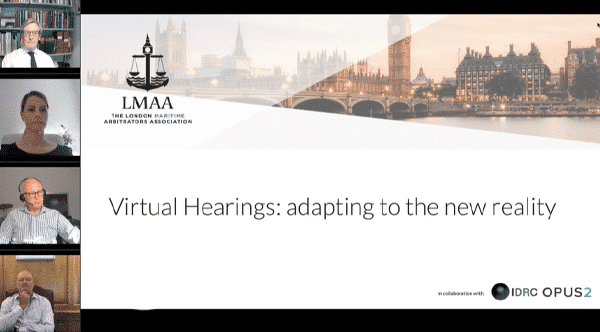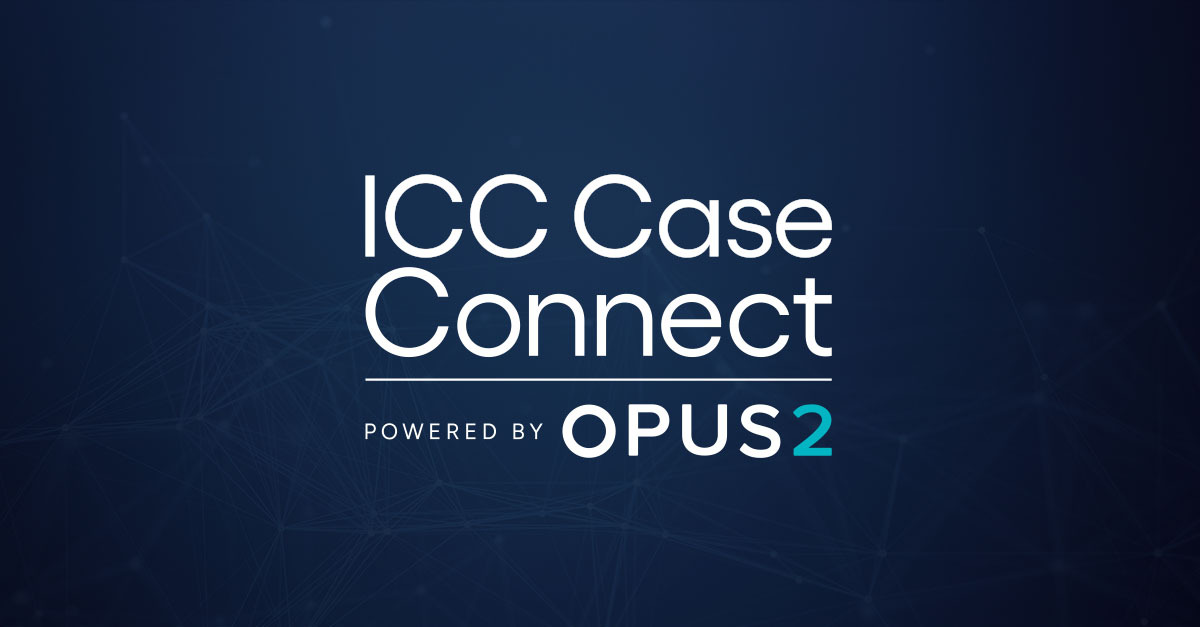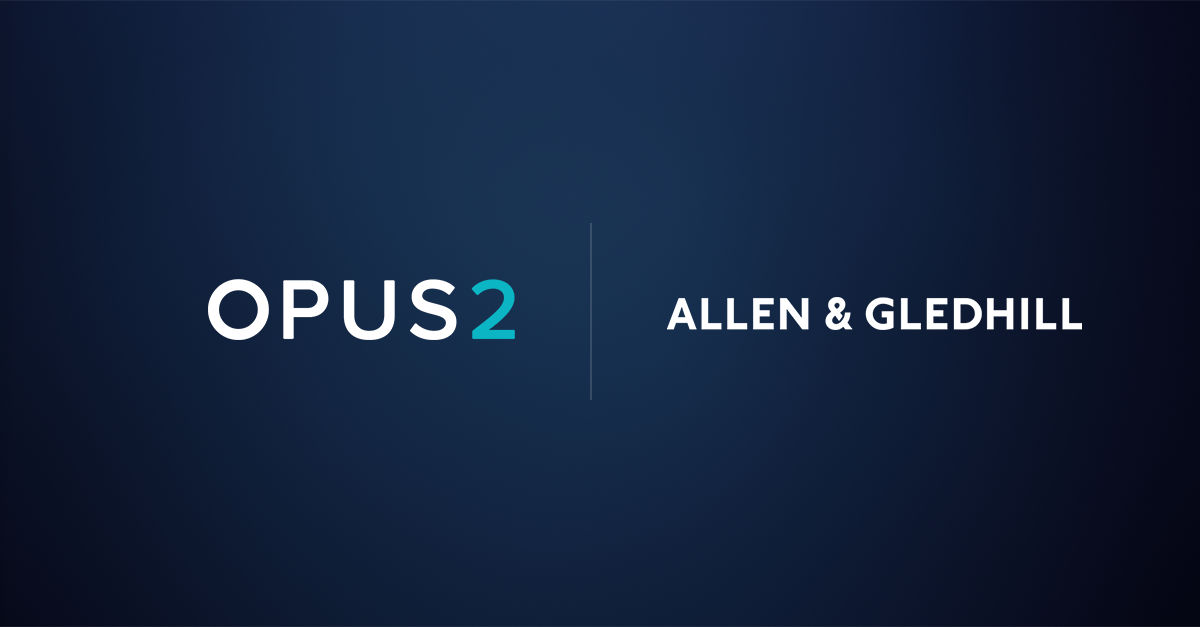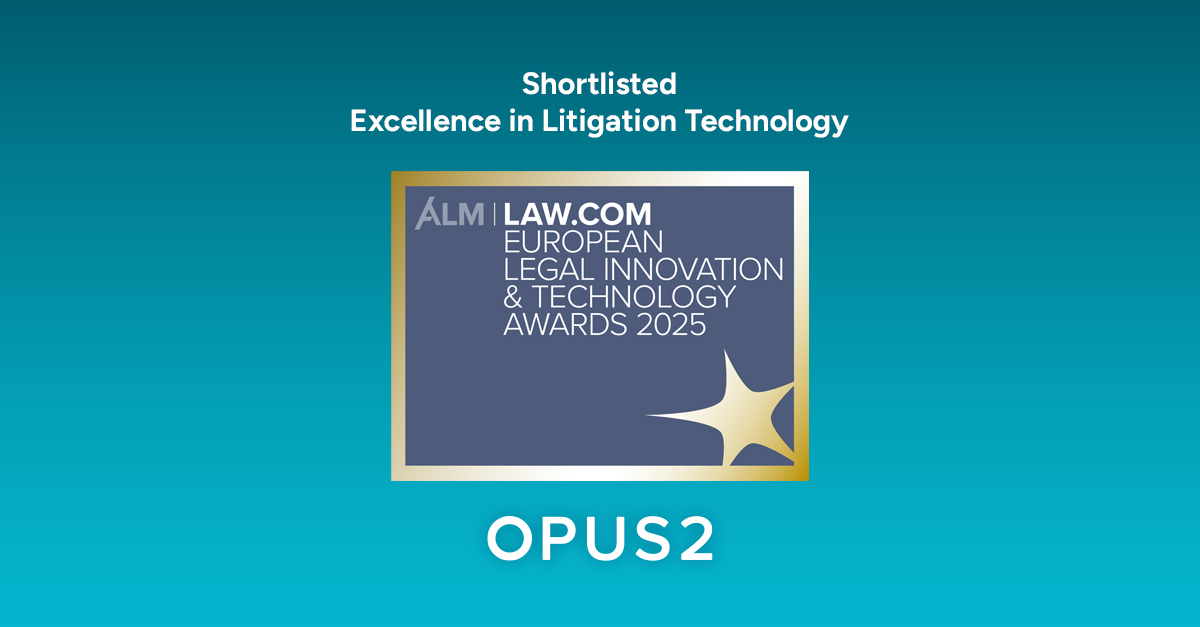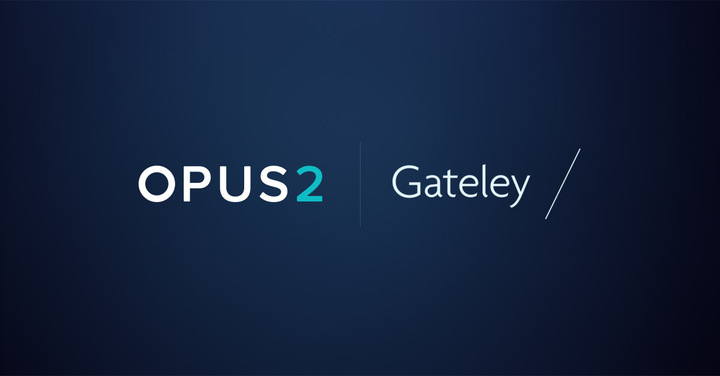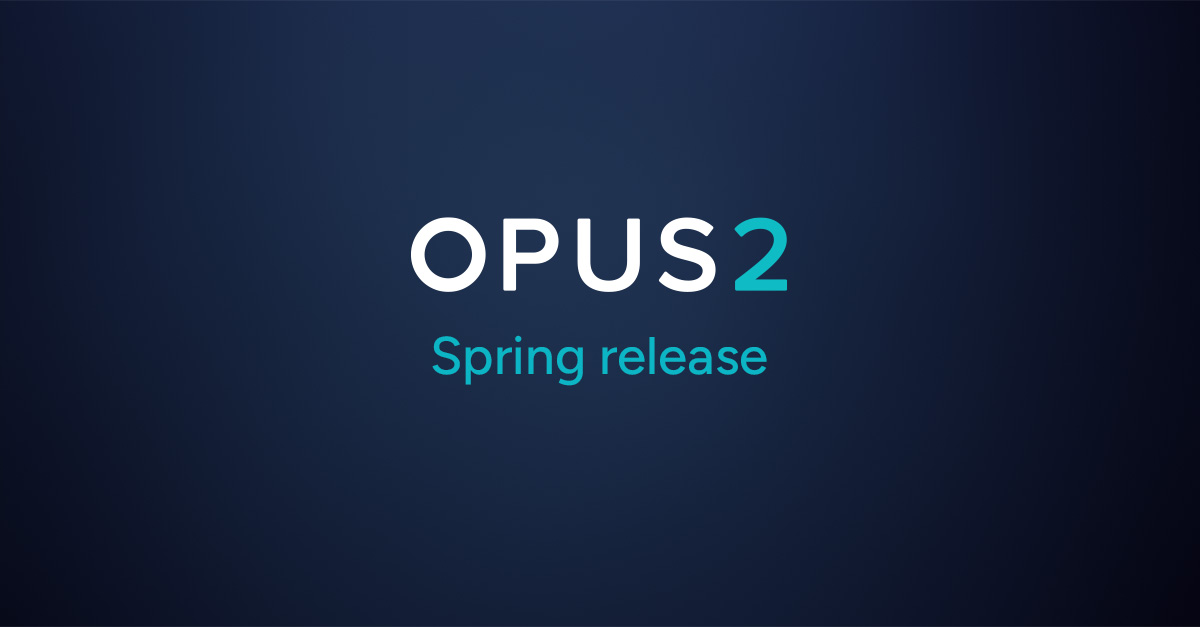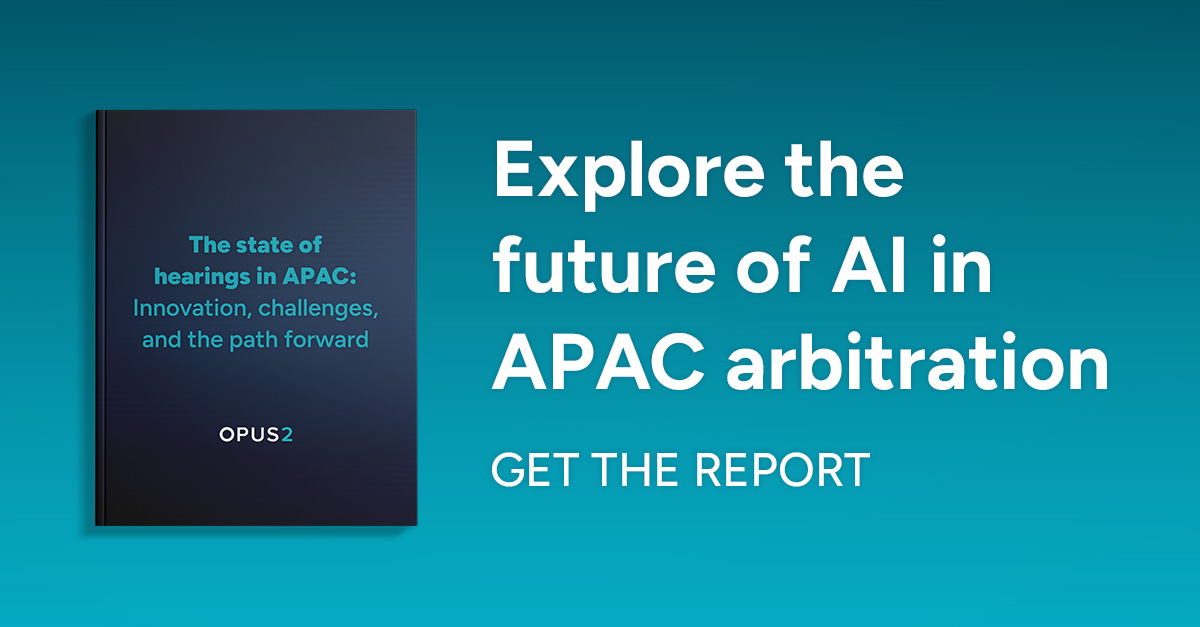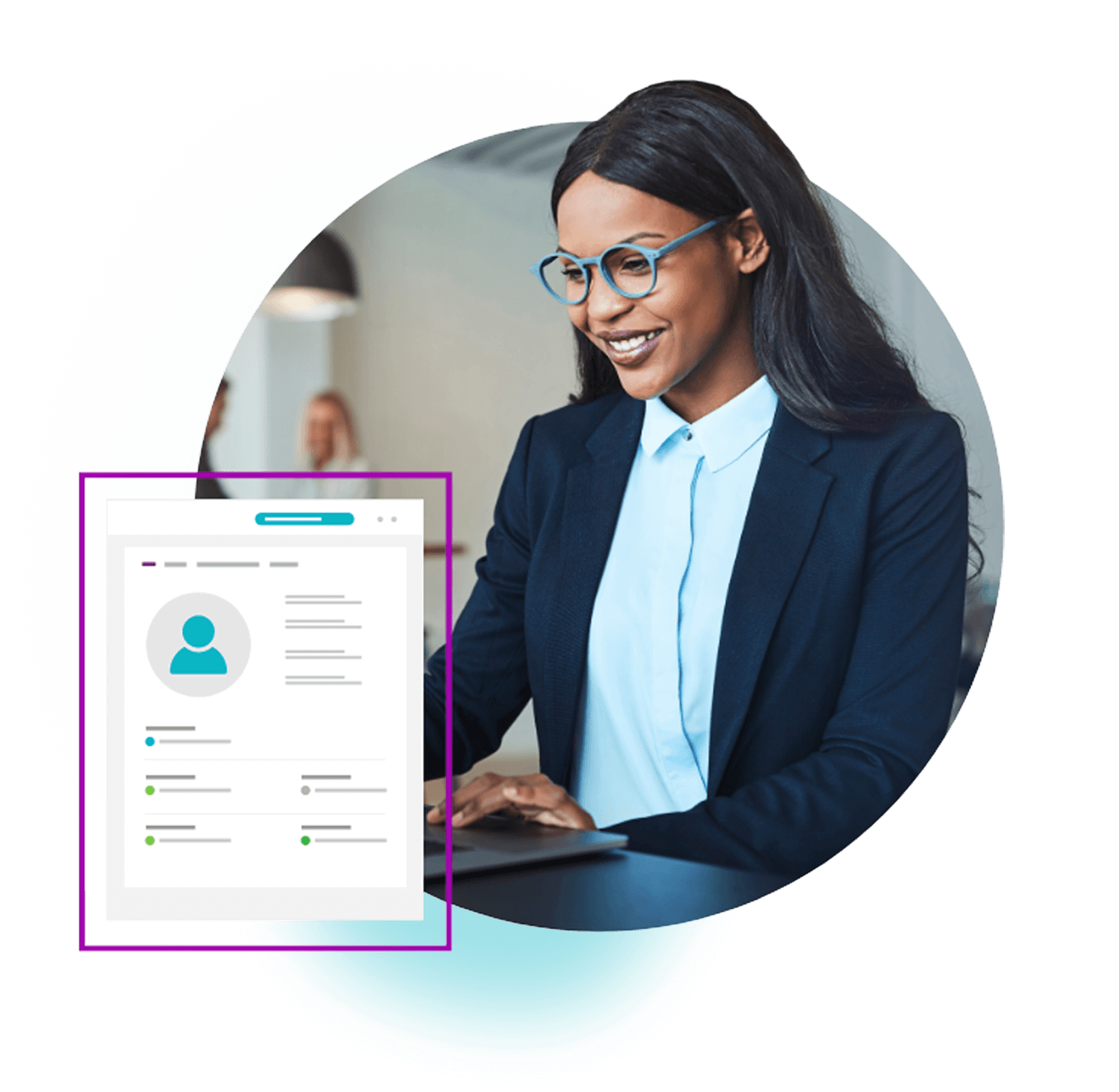Recently, the London Maritime Arbitrators Association (LMAA) presented a webinar in collaboration with the International Dispute Resolution Centre (IDRC) London and Opus 2. This session, titled ‘Virtual hearings: adapting to the new reality’, was attended by more than 110 LMAA members.
Ian Gaunt, President of LMAA, hosted this webinar. You can read Ian’s guest post outlining how the LMAA is helping its members respond to the shift to virtual hearings. Additionally, a recording of this session is now available to watch.
We conducted a couple of quick polls on the experience with and attitudes towards virtual hearings of the audience members who joined us. Our first poll asked the attendees if they have participated in a virtual hearing previously, and here are the results:

The second poll asked how many felt comfortable with participating in a virtual hearing, and here is what we found:

Ian Gaunt hoped to convince the x% that wanted to avoid it and some of the undecided members about the convenience of virtual hearings by the end of the webinar. We will reveal how we did at the end of this post!
The presentations were followed by a Q&A session that invited the attendees to ask any questions. Here is a summary of the key topics around which attendees asked questions and our responses.
The IDRC and Opus 2 collaboration
The IDRC’s and Opus 2’s offerings integrate seamlessly to deliver a frictionless experience for the parties and the tribunal during an arbitration hearing.
A few participants raised questions about how the IDRC and Opus 2 divide responsibilities. The IDRC provides the video conferencing solution that enables parties to interact and communicate during the virtual hearings. All the other components of a virtual hearing such as the transcription, Electronic Presentation of Evidence (EPE) and document management are powered by Opus 2. We have produced a useful guide to virtual hearings that sets out the different components and the key considerations when planning for a virtual hearing, that you may find helpful.
Other questions revolved around how we handle interpretation requirements during a virtual hearing. The IDRC is experienced in handling interpretation on their video conferencing solution and can facilitate this for your arbitration. Please contact IDRC who will be pleased to provide you with further information on how this works. Opus 2 can provide the interpreters as part of our service.
The IDRC’s virtual hearings offering
The IDRC has hosted numerous fully virtual hearings since travel restrictions were first introduced in London in March. They offer a range of video conference solution options and an experienced team of technicians that will ensure your hearing goes smoothly.
The most common questions revolved around ‘dress rehearsals’ and testing in the lead up to the hearing. The team at the IDRC, in conjunction with Opus 2, facilitate all the required testing and rehearsals required to ensure all the hearing participants are set up correctly and comfortable with the video conference solution ahead of the hearing.
Another popular question was about the number of screens required. Typically, we would recommend that participants have at least one additional screen alongside their laptop when participating in a virtual hearing. Active participants (speakers) may want to consider a third screen to provide extra screen real-estate that can help improve the overall experience and ease of navigating the various components of a virtual hearing.
The Opus 2 technology and services
Opus 2 has been facilitating remote access to hearings for more than a decade. By combining our robust technology and highly experienced services capabilities, we can deliver a seamless experience. And where an arbitration hearing is taking place at the IDRC, our close collaboration takes the hassle out of conducting virtual hearings.
There were several questions about the cost of using the Opus 2 solution. There are two components of this cost:
- Our technology platform that underpins your document management and team collaboration,
- and the hearing services such as transcription, provision of equipment, electronic display of evidence, etc.
The Opus 2 platform is a very scalable solution and not as expensive as people may think. The first thousand documents uploaded are free of charge, that is equivalent to approximately 20 lever arch files. Also, we offer discounted access fees for the use of our solutions in the early stages of a matter.
Each case is unique and can vary significantly in terms of the number of users and number of documents, among other factors. For illustration purposes, assuming a matter comprising of 1000 documents with 500 hyperlinks with 20 users requiring access over five weeks would incur costs starting at approximately £160 per day for each party. And this is before accounting for the new and added-value of achieving various time savings and efficiencies of using our technology. We’ll be pleased to put together a cost-estimate for anyone interested in understanding costs in their real scenario.
There were also various questions around training and onboarding and how long the platform remains available to access after the hearing . Your documents and work product continue to be available to access for as long as you require and invariably until after the award.
Most importantly, the tribunal also has access to their own, private workspace where they can save any notes and highlights that they can refer to quickly when they are writing the award.
In the last two years, we’ve invested in adding capabilities designed for use during the earlier stages of a matter. We invite you to find out more about how we provide case teams with virtual workspaces during the preparation stages of a dispute.
Best practices for conducting virtual hearings
IDRC and Opus 2 have already facilitated several days of virtual hearings since the travel restrictions came into effect.
There were many questions about the best equipment to use and which headset to purchase. We have put together a helpful checklist that sets out some of the considerations for different stages of your virtual hearings, that you may find useful. Opus 2 also offer tech packs for participants that can be couriered to your key participants to ensure an optimal experience. We would encourage you to speak to IDRC or Opus 2 so that we may provide advice and guidance that meet your specific circumstances.
Another popular question was about ensuring witnesses not being ‘assisted’ during cross-examination. Although not entirely fool-proof, there are a few different solutions available to address this, such as placing a secondary camera behind the witness and placing a mirror behind the witness. Ian Gaunt also added that there might be some things that are required to be taken on trust.
Conclusion
We want to thank everyone who was able to join us for the webinar. We hope you found the webinar and the summary of the Q&A above useful.
Here is the result of the second time we polled our audience about their comfort level of participating in a virtual hearing, at the end of our webinar:

We are pleased we were able to persuade some of our audience about the benefits of virtual hearings. We look forward to sharing more with you as we learn from our experiences.
We’re working to produce more content and other webinars. Do let us know what topics you would like to hear from us?

